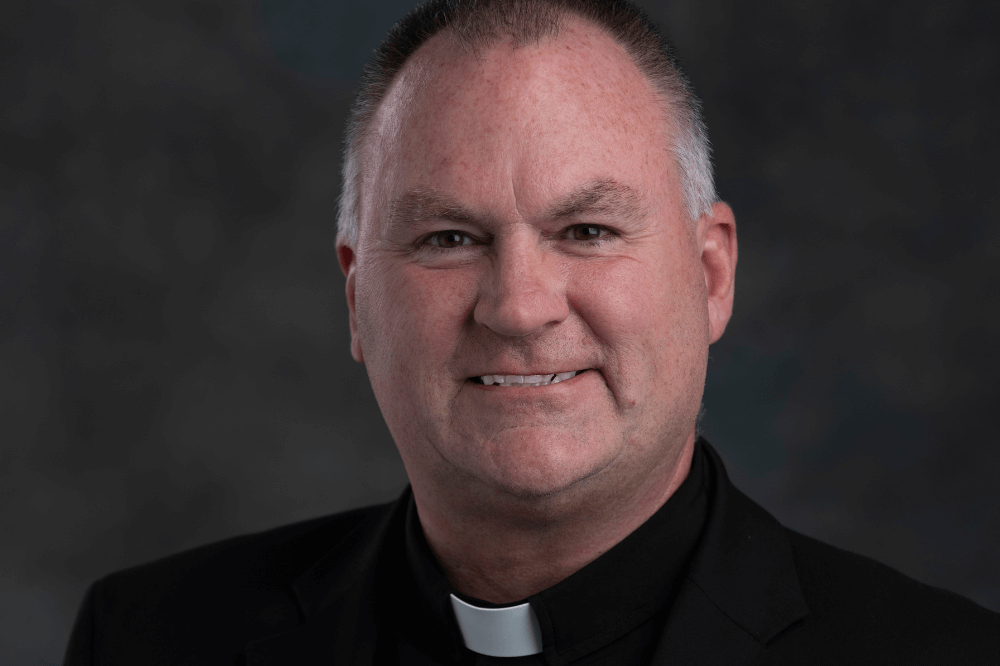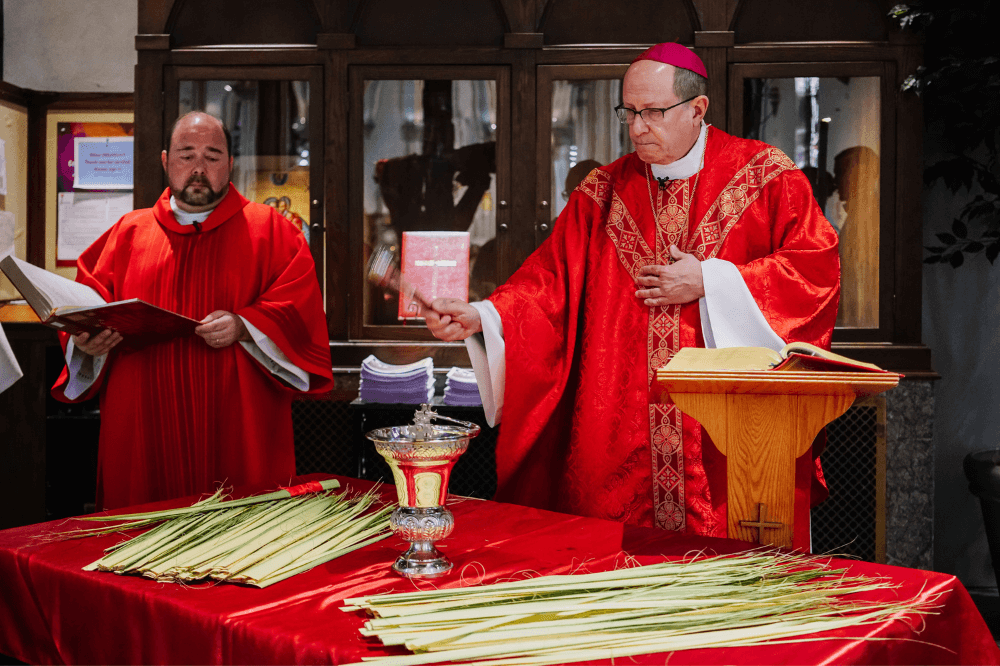
“Eternal God, in whom mercy is endless and the treasury of compassion inexhaustible, look kindly upon us and increase Your mercy in us, that in difficult moments we might not despair nor become despondent, but with great confidence submit ourselves to Your holy will, which is Love and Mercy itself.” – from the Divine Mercy Chaplet
Each year, on the Second Sunday of Easter, this year, April 7, the Church celebrates the Sunday of Divine Mercy. Each day, between 3 p.m. and 4 p.m. is known as the Hour of Great Mercy. We remember Christ’s death on the Cross at 3 p.m.
The Origins of Divine Mercy Sunday
Mankind’s need for the message of Divine Mercy took on dire urgency in the 20th Century, when civilization began to experience an “eclipse of the sense of God” and, therefore to lose the understanding of the sanctity and inherent dignity of human life. In the 1930s, Jesus chose a humble Polish nun, St. Maria Faustina Kowalska, to receive private revelations concerning Divine Mercy that were recorded in her Diary. St. John Paul II explains:
“This was precisely the time when those ideologies of evil, nazism and communism, were taking shape. Sister Faustina became the herald of the one message capable of off-setting the evil of those ideologies, that fact that God is mercy—the truth of the merciful Christ. And for this reason, when I was called to the See of Peter, I felt impelled to pass on those experiences of a fellow Pole that deserve a place in the treasury of the universal Church.”
Learn more about the origins of the Divine Mercy image and prayers. (USCCB)
In our Parishes
Some of our parishes are hosting Divine Mercy Sunday events (April 6 & 7). All are welcome:
Schedule of Parish Events
Plenary Indulgence
A plenary indulgence for Divine Mercy Sunday is available to Catholics under the usual conditions for the faithful who participate in the following:
-In any church or chapel take part in the prayers and devotion held in honor of Divine Mercy Sunday.
-Or in the presence of the blessed sacrament recite the Our Father, the Creed and add a devout prayer to the merciful Lord Jesus, e.g. “Lord Jesus, I trust in You.”
The plenary indulgences of Holy Week, Easter Octave and Divine Mercy (NCR)



